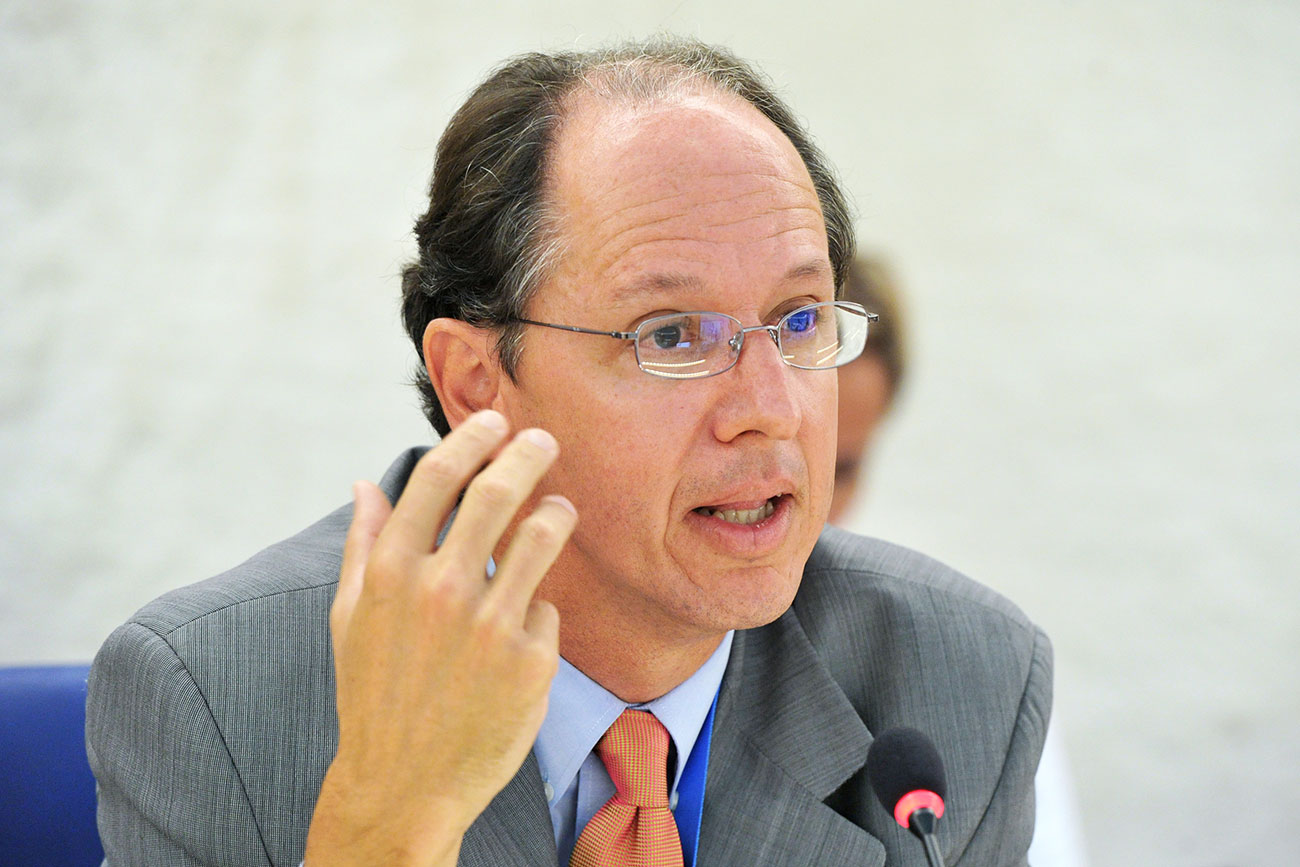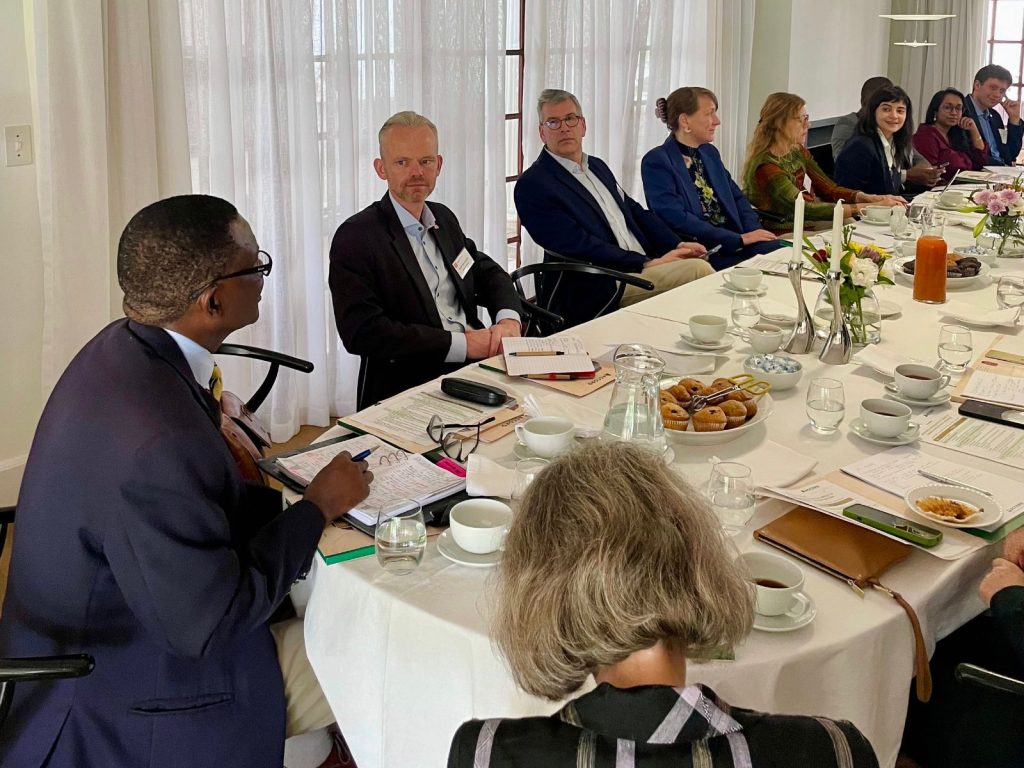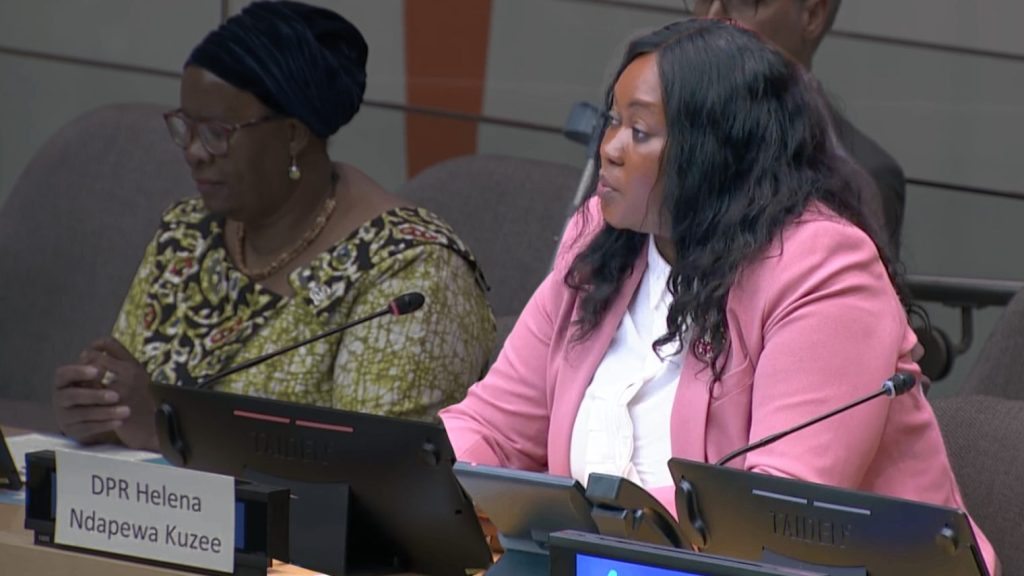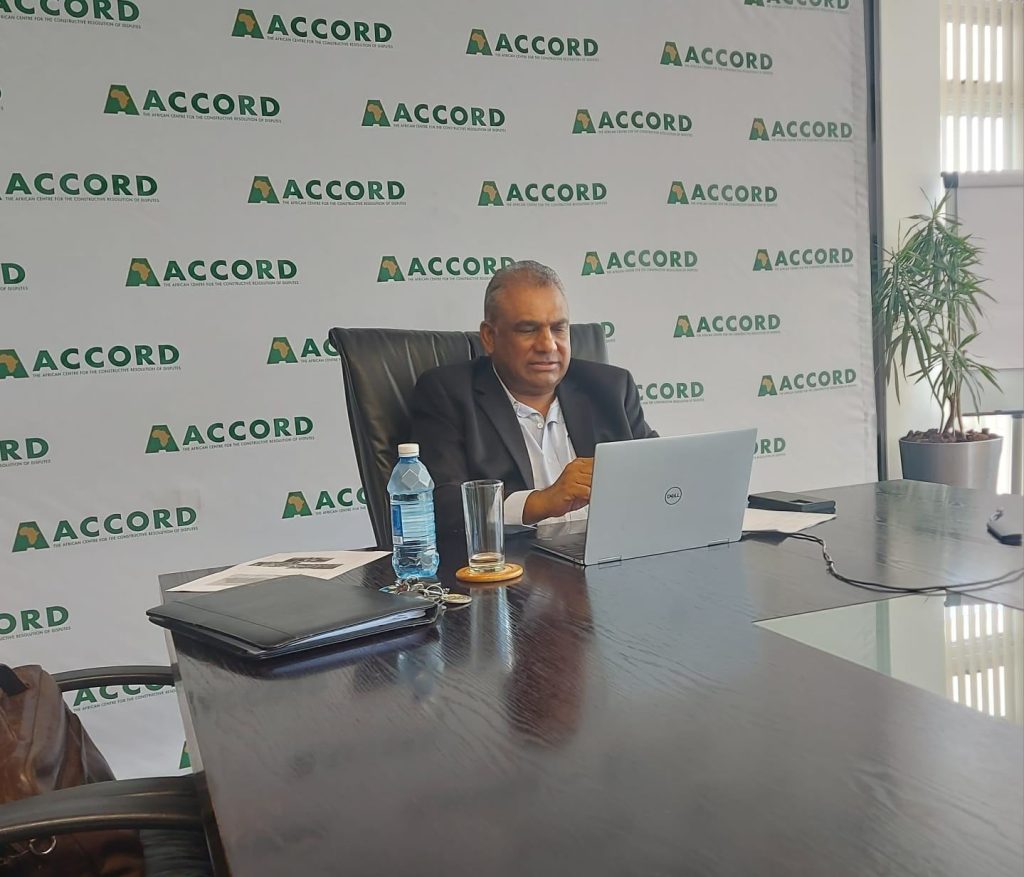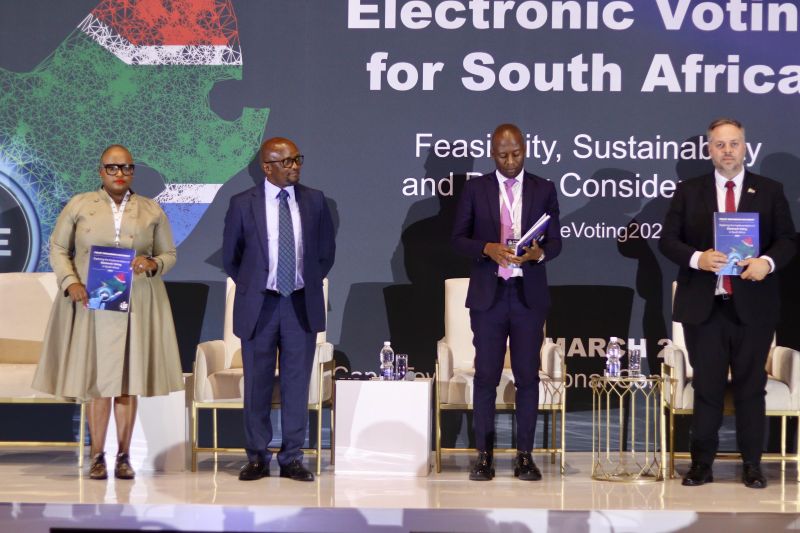On 18 and 19 August 2014, the African Centre for the Constructive Resolution of Disputes (ACCORD) was represented at a validation workshop on the Draft African Transitional Justice Policy Framework (ATJPF) held in Johannesburg, South Africa. The workshop was the final event in a series of consultations to review the draft ATJPF, a document which seeks to fill an identified normative gap in terms of a comprehensive continental policy on the responsibilities, obligations and actions of African Union (AU) member states vis-í -vis issues surrounding transitional justice.
The draft ATJPF, thus, aims to provide concrete guidelines on the modalities of approaching and tackling issues concerning accountability, truth, justice and reconciliation in the aftermath of gross human rights violations on the African continent.
Hosted by the African Union Commission’s Department of Political Affairs (DPA), and the Office of the Legal Counsel (OLC), with technical support from the Centre for the Study of Violence and Reconciliation (CSVR), the workshop specifically sought to obtain endorsement of the final draft policy framework document – whilst encouraging final inputs and recommendations from relevant actors drawn from civil society and a variety of relevant AU organs.
Linking to and taking into consideration international norms and best practices, the draft ATJPF is cognisant of the nuances of socio-economic rights in Africa; the significance of the linkage between peace, security and justice and sustainable development; and has an understanding of the contestations around democracy, amnesty and the role of the International Criminal Court. The policy framework seeks to ensure that the AU’s interventions in support of transitional justice in member states are undertaken in more coordinated and coherent ways.
ACCORD’s participation in the workshop reflected the organisation’s commitment to supporting the development of effective policy and institutional responses to peace and security developments in Africa. The workshop was an important platform at which Priyal Singh, ACCORD’s representative at the event, could share information on the institution’s peacebuilding experiences, with particular focus on concerns surrounding the theory and practice of reconciliation with the AU, in support of the greater refinement and finalisation of the ATJPF.

